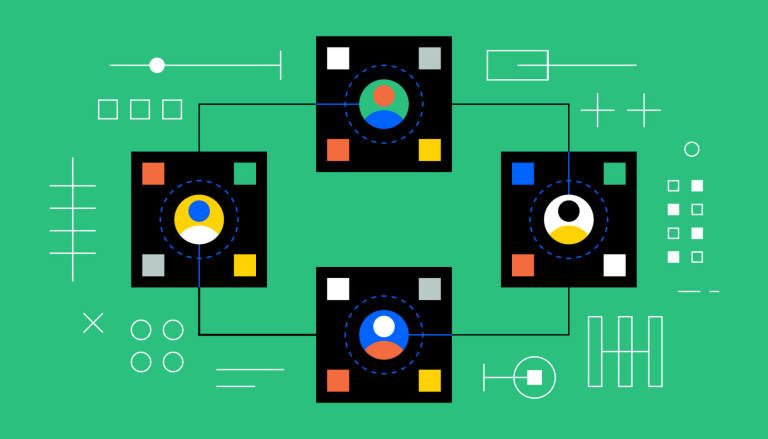What is decentralized science (Desci) and how does it plan to fix academic research?

Decentralized science (DeSci) is a concept that leverages blockchain technology to aim for a more open, incentivized, and community-driven scientific research.
DeSci strives to address challenges in traditional science such as lack of funding, data sharing, publishing, and collaboration.
By utilizing blockchain technology, DeSci seeks to ensure the integrity and immutability of scientific records while aiming to eliminate barriers to entry.
What is Decentralized Science (DeSci)?
Decentralized science, or DeSci, is a broad concept that utilizes blockchain technology and its features such as tokens, non-fungible tokens (NFTs), and decentralized autonomous organizations (DAOs) to aim for a more open, incentivized, and community-driven scientific research and collaboration.
It strives to democratize scientific research and discovery by providing a platform for scientists to raise funding, run experiments, share data, distribute insights, and more.
DeSci is based on the idea that scientific knowledge should be accessible to everyone and that the process of scientific research should be transparent.
How Does DeSci Plan to Fix Academic Research?
DeSci strives to address the core problems of traditional science.
One of the main issues in the traditional scientific field is the 'valley of death', which refers to the critical period between fundamental scientific research and the successful development and translation of that research into innovations that benefit patients.
DeSci aims to bridge this gap by providing a more effective approach to funding, data sharing, publishing, and collaboration in science.
How Does DeSci Use Blockchain Technology?
DeSci utilizes blockchain technology to aim for the integrity and immutability of scientific records while striving to eliminate barriers to entry.
It uses decentralized practices for knowledge creation and distribution, promoting more transparent peer review processes, and incentivizing international collaboration among researchers. By utilizing blockchain technology, DeSci aims to alter the allocation of research funds through mechanisms such as quadratic donations and decentralized autonomous organizations (DAOs).
What are the Use Cases of DeSci?
DeSci has several use cases that aim to enhance scientific practices.
For instance, it can provide decentralized repositories for academic publications, aiming for broader access to scientific knowledge. Researchers can publish their work directly on these platforms, with the intention of making them more accessible.
DeSci can also introduce incentives for reproducibility, such as token rewards and reputation systems. Smart contracts aim to facilitate transparent and verifiable peer review processes, incentivizing researchers to make reproducible scientific work. This typically aims to improve the reliability of scientific findings.
How Can DeSci Enhance Scientific Practices?
DeSci (Decentralized Science) seeks to improve scientific practices by making scientific data and publications more accessible. It does this by storing them on a transparent, decentralized ledger, which helps ensure that anyone can access them easily. Smart contracts are used to manage who can access this data, ensuring that its distribution is both fair and secure.
Additionally, DeSci looks to change how research funding is allocated using methods like quadratic donations and decentralized autonomous organizations (DAOs). These approaches aim to distribute resources more evenly across the scientific community.


